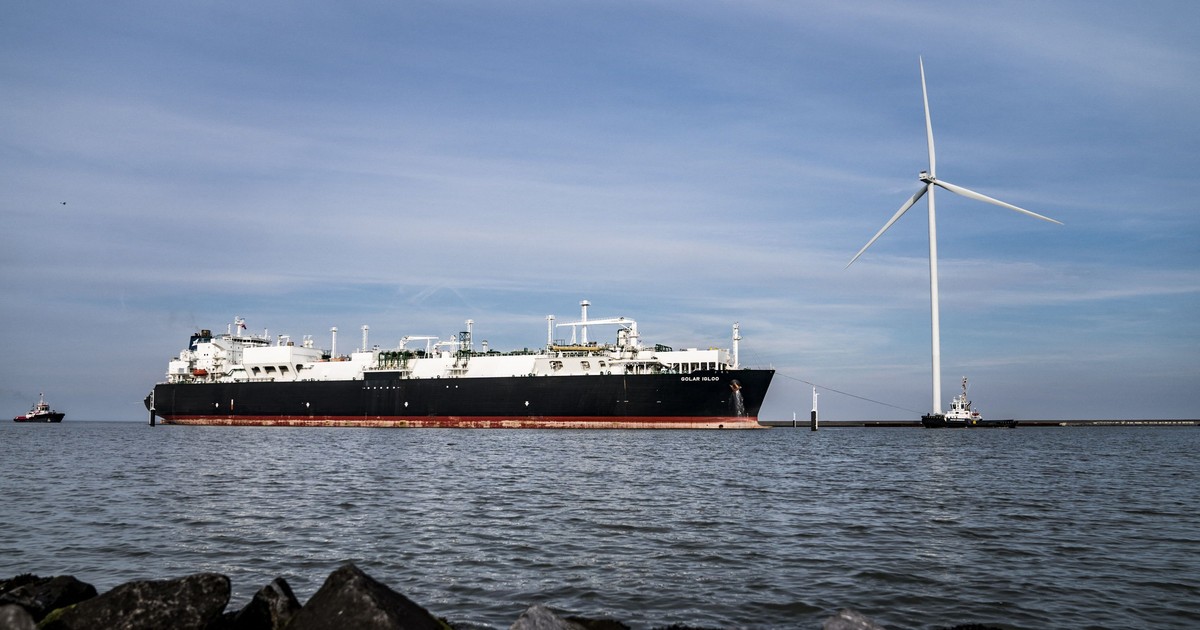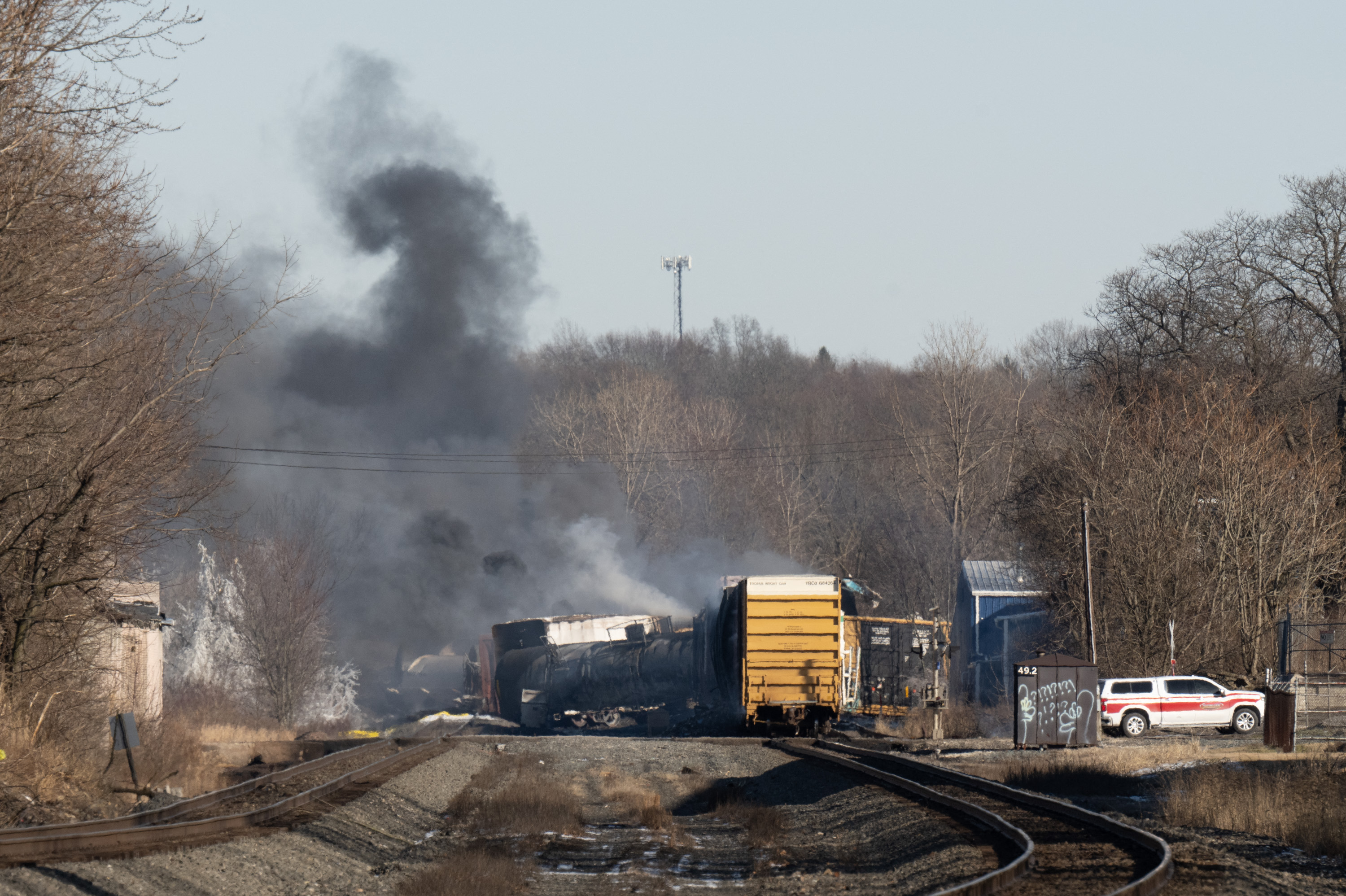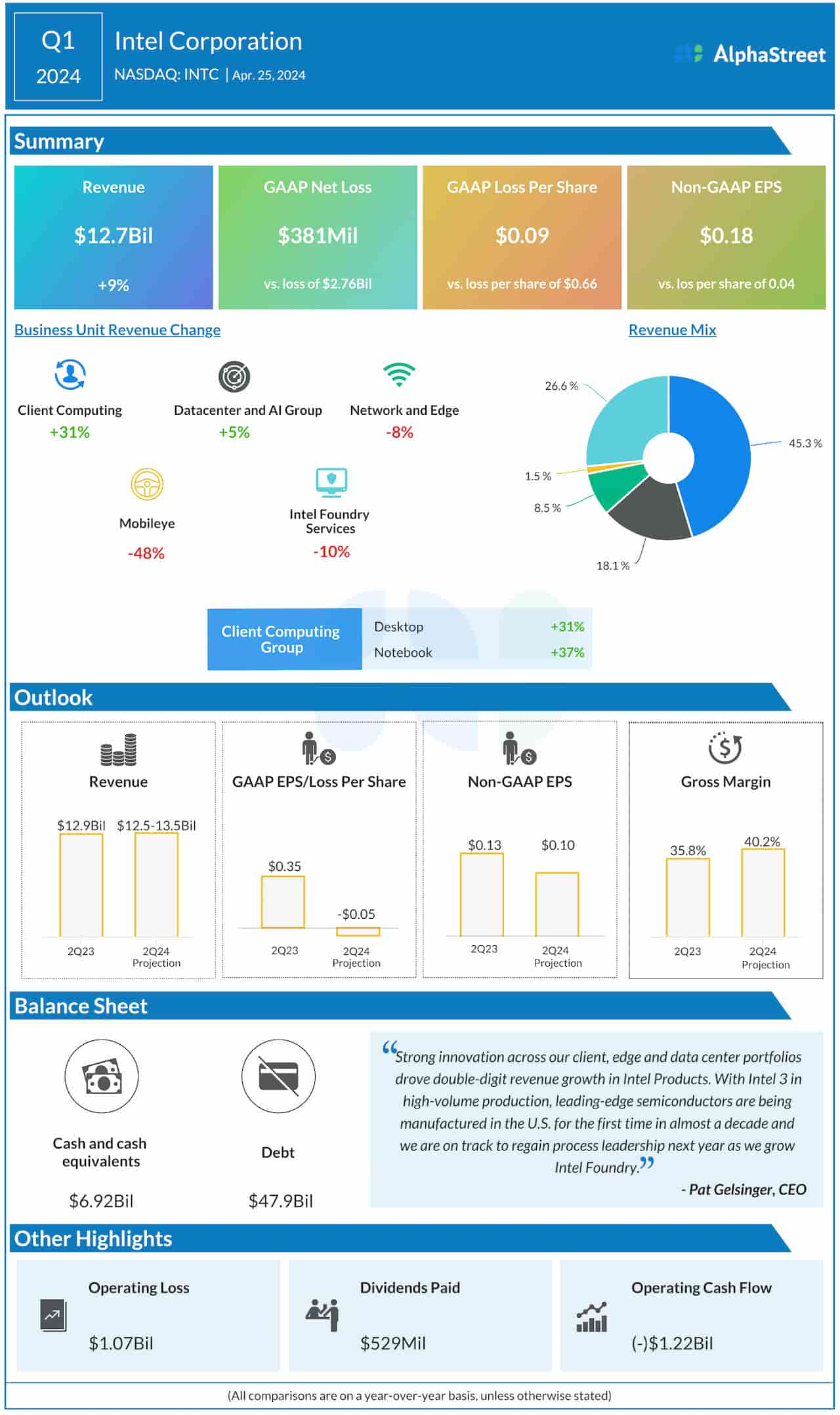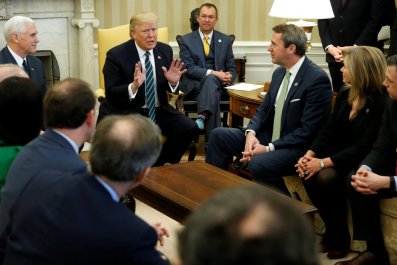EU Targets Russian Gas: Spot Market Phaseout Plans

Table of Contents
The Driving Forces Behind the Phaseout
The EU's decision to phase out Russian gas from the spot market is multifaceted, driven by a convergence of geopolitical, security, and environmental concerns.
Geopolitical Concerns
The 2022 invasion of Ukraine by Russia dramatically highlighted the risks of relying heavily on a single, politically unstable supplier for crucial energy resources. Russia's weaponization of its gas supply, using it as a tool of geopolitical leverage, forced the EU to confront its vulnerabilities.
- Sanctions against Russia: The EU imposed sanctions on Russia in response to the invasion, impacting energy trade and accelerating the need for diversification.
- Energy Weaponization: Russia's use of gas supply as a political weapon underscored the urgent need to reduce dependence and enhance energy security.
- Diversification of energy sources: The EU is actively pursuing alternative gas suppliers and energy sources to reduce reliance on Russia.
Energy Security Imperative
The reliance on Russian gas exposed the EU to significant vulnerabilities, including price volatility and supply disruptions. The phaseout aims to establish a more robust and resilient energy system.
- Price Volatility: Dependence on a single supplier creates susceptibility to price manipulation and market instability.
- Supply Disruptions: Geopolitical tensions and potential future conflicts can lead to unpredictable gas supply interruptions.
- Long-term energy security strategy: The phaseout is a central element of a broader strategy to ensure long-term energy security and independence for the EU.
Climate Change Objectives
Reducing reliance on fossil fuels like natural gas is a key aspect of the EU's commitment to achieving its climate goals and transitioning to a cleaner energy future.
- Green transition: The phaseout aligns with the EU's broader green transition strategy, aiming to reduce greenhouse gas emissions.
- Renewable energy investments: The EU is heavily investing in renewable energy sources, such as wind and solar power, to replace fossil fuels.
- Reduction of carbon emissions: Decreasing reliance on natural gas contributes significantly to the EU's commitment to reducing its carbon footprint.
Implementation Strategies and Challenges
Implementing the EU Russian Gas Spot Market Phaseout presents significant challenges, requiring a multifaceted approach.
Diversification of Supply Sources
The EU is actively seeking alternative sources of natural gas and expanding its energy infrastructure.
- Increased LNG terminal capacity: The EU is investing heavily in building new liquefied natural gas (LNG) terminals to import gas from various global suppliers.
- Pipeline agreements with alternative suppliers: The EU is forging new pipeline agreements with countries like Norway and Azerbaijan to diversify its gas supply.
- Strengthening energy partnerships: The EU is strengthening its energy partnerships with reliable and diverse suppliers to ensure stable gas supplies.
Accelerated Renewable Energy Deployment
Renewable energy sources are crucial in replacing the energy previously supplied by Russian gas.
- Investments in wind, solar, and other renewable energy sources: Massive investments are being made to expand renewable energy capacity across the EU.
- Grid modernization: Upgrading and modernizing the electricity grid is essential to accommodate the influx of renewable energy.
- Energy efficiency measures: Improving energy efficiency in buildings and industries will further reduce the demand for natural gas.
Potential Economic Impacts and Social Concerns
The phaseout of Russian gas may have economic consequences and require social mitigation strategies.
- Impact on energy prices: Transitioning away from Russian gas may lead to short-term price volatility, requiring careful management.
- Job creation in renewable energy sector: The shift to renewable energy is expected to create numerous jobs in the green sector.
- Support for vulnerable households: Measures are needed to protect vulnerable households from potential energy price increases during the transition.
The Role of the Spot Market and Alternative Procurement Mechanisms
The EU's approach focuses on shifting away from the volatility of the spot market.
Transitioning Away from Spot Purchases
The EU is actively moving away from the short-term, price-sensitive spot market.
- Negotiating long-term contracts with alternative suppliers: Long-term contracts provide price stability and secure gas supplies.
- Securing stable gas supplies at predictable prices: This approach reduces vulnerability to market fluctuations and geopolitical pressures.
Strengthening EU Energy Market Integration
Improved cooperation and infrastructure are crucial for the success of the phaseout.
- Cross-border gas infrastructure: Expanding and improving cross-border gas pipelines enhances the resilience of the EU energy system.
- Regional cooperation: Enhanced cooperation between EU member states is vital for coordinating energy policies and sharing resources.
- Harmonization of energy policies: Standardizing energy regulations across the EU improves efficiency and market integration.
Conclusion
The EU's plan to phase out Russian gas from the spot market is a crucial step toward greater energy independence and security. While challenges remain, including potential economic impacts and the need for accelerated renewable energy deployment, the initiative underscores the EU's commitment to a more resilient and sustainable energy future. The diversification of supply sources, strengthened energy market integration, and accelerated deployment of renewable energy are vital components of this transition.
Call to Action: Stay informed about the ongoing developments regarding the EU's plan to phase out Russian gas from the spot market. Understanding the complexities of this strategic shift is crucial for businesses, policymakers, and citizens alike as the EU navigates this new era of energy independence. Follow developments on the EU Russian Gas Spot Market Phaseout and contribute to the discussion.

Featured Posts
-
 Toxic Chemicals From Ohio Train Derailment Months Long Building Contamination
Apr 24, 2025
Toxic Chemicals From Ohio Train Derailment Months Long Building Contamination
Apr 24, 2025 -
 Google Fi Launches Budget Friendly Unlimited Data Plan For 35
Apr 24, 2025
Google Fi Launches Budget Friendly Unlimited Data Plan For 35
Apr 24, 2025 -
 Teslas Q1 Earnings Fall Musks Political Backlash Takes Toll
Apr 24, 2025
Teslas Q1 Earnings Fall Musks Political Backlash Takes Toll
Apr 24, 2025 -
 Tornado Season And Trumps Budget Cuts A Dangerous Combination
Apr 24, 2025
Tornado Season And Trumps Budget Cuts A Dangerous Combination
Apr 24, 2025 -
 Ella Bleu Travoltas Dazzling Makeover At 24 A New Era
Apr 24, 2025
Ella Bleu Travoltas Dazzling Makeover At 24 A New Era
Apr 24, 2025
